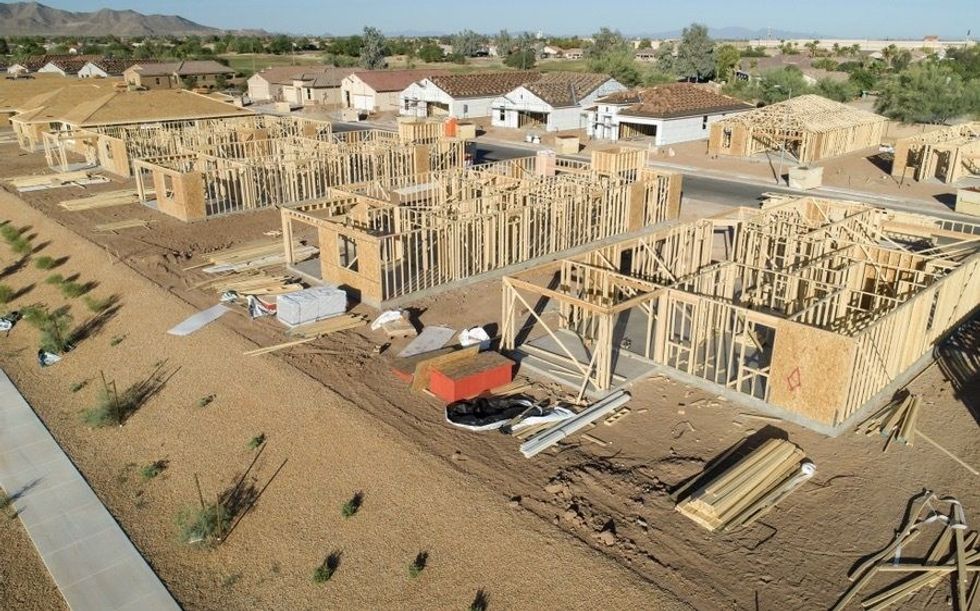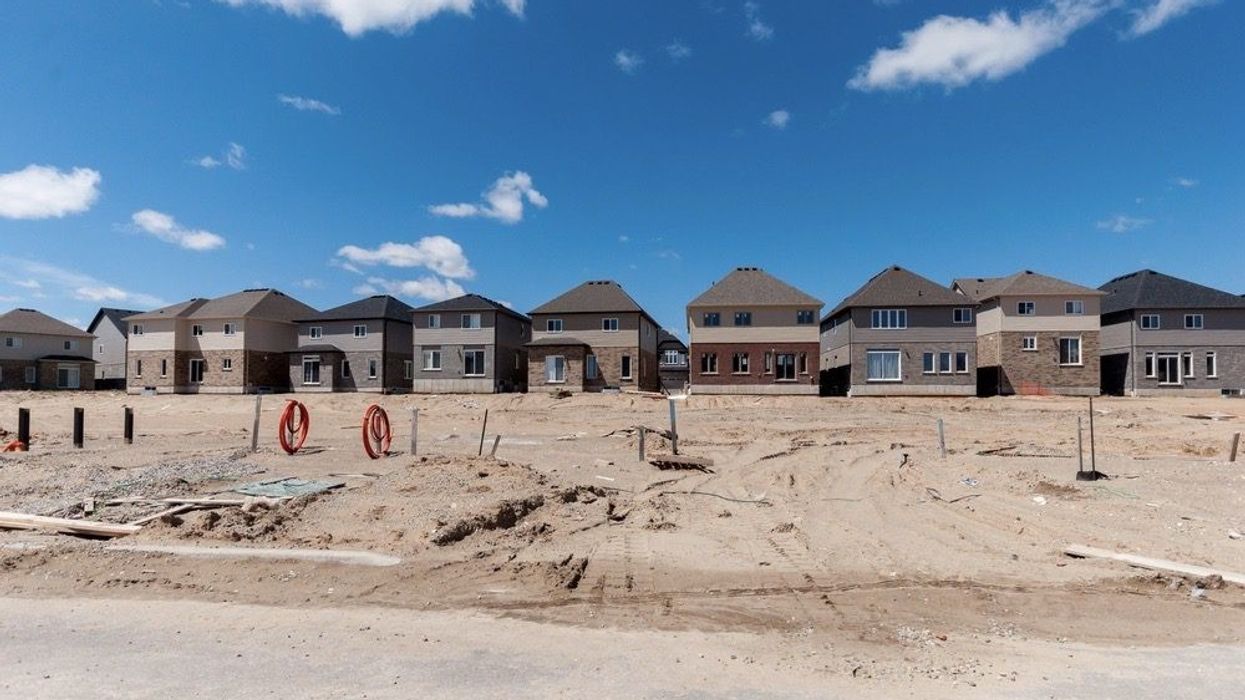Residents of the Greater Toronto Area (GTA) don’t necessarily feel that building homes and roadways is bad for the environment -- at least, not according to a new survey.
Conducted by the Building Industry and Land Development Association (BILD) in partnership with IPSOS, the survey focused on housing, growth, and environmental protection. A key findings is that 71% of respondents agree with expanding municipal boundaries to enable more housing to be built at the periphery of GTA municipalities; as BILD highlights in a press release, this is something that councils in some GTA regions are resisting.
Furthermore, 78% of those surveyed support the building of more roads and highways to support residents and growth in the GTA. And -- somewhat surprisingly -- only one third of GTA residents (35%) felt that building a new housing community was bad for the environment.
“It is not a question of choosing between building more homes to accommodate a growing population and protecting the environment,” said Dave Wilkes, President and CEO of BILD. “While those opposed to taking the necessary steps to accommodate the GTA’s present and future growth like to present these as stark ‘either-or’ decisions, the reality is that with modern land development, building techniques, and regulatory requirements, we know it is possible to balance both.”
The survey found that less than half of GTA residents (44%) are aware of the regulatory framework that governs the environmental aspects of building new homes. When these groups were made aware of the regulatory requirements and industry environmental practices, over a third were less likely to believe building homes harms the environment and this rose to over half when informed of the energy efficiency of new homes.

“There is a clear disconnect between perception and reality,” said Sean Simpson, Senior Vice President, IPSOS Public Affairs. “The majority of GTA residents clearly favour the addition of more housing supply and transportation infrastructure. Of the minority who believe that building homes is bad for the environment, a large percentage (56%) are not aware of the regulations and practices already in place to protect the environment, and many report that their opinion shifts when presented with the facts.”
The research found that a majority of GTA residents (92%) agree that we are in the middle of a housing affordability crisis. Four in five also agree that we are in the middle of a housing shortage crisis (81%) and that we must balance environmental regulation with the need to build more homes quicker (81%) -- something that's been front and centre to Doug Ford's election platform. That said, they may not necessarily want these homes in their backyards; local opposition to adding housing supply within existing communities remains strong. Over half (55%) of residents opposing the construction of a high-rise apartment within half a kilometre of their residence and just under half (47%) of residents opposing a mid-rise apartment within half a kilometre of their residence.
“There is almost unanimous agreement that the GTA is suffering from a housing supply and affordability crisis and that adding supply is the solution,” said Mr. Wilkes. “This must be done by adding gentle density in existing communities and enabling new, denser, more land-efficient development at the peripheries of GTA municipalities. This research demonstrates to our leaders that the public supports the idea that growth and environmental protection can be balanced. By taking action now, a legacy can be created to meet the needs of a rapidly growing population and preserve our collective quality of life.”
The survey involved 1,000 GTA residents and was conducted by IPSOS between March 11 and March 18, 2022.





















